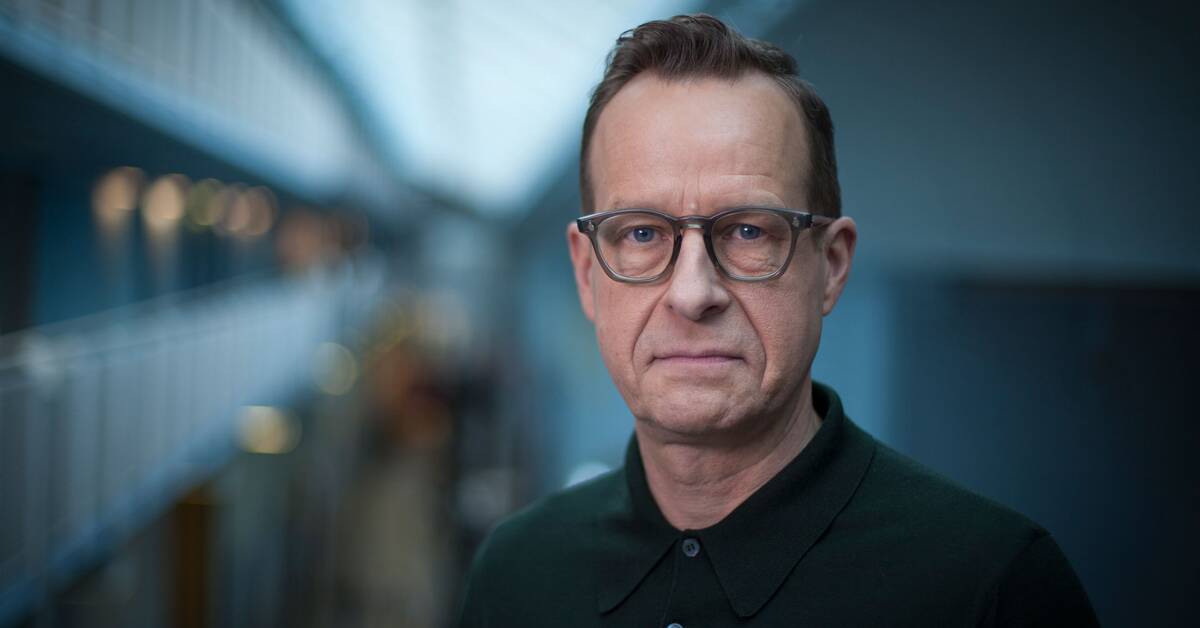A handful of minor changes have still been made.
The free entrance
to state museums is removed, which means that adult visitors now have to buy a ticket to enter.
For this, you will receive criticism from the opposition, who believe that the entrance fee can be a decisive obstacle for new visitors, especially those who do not have high incomes.
The government will defend itself with the free entrance is a bad accessibility reform because it is predominantly used by middle-class academics living in the inner city who still take part in cultural life and go to museums even if it costs a penny.
This is an old debate with well known positions.
The government also chooses
not to continue the targeted investments in public libraries and cultural schools.
It is about SEK 250 million annually for the libraries and SEK 100 million annually for the cultural school, money that could be sought from the Cultural Council for specific projects with the aim of increasing accessibility and participation.
This has been the proud profile policy of the red-green governments, but was criticized by the opposition at the time for inappropriate government interference in municipal activities and priorities.
When it comes to
public education - that is, study associations and folk high schools - there is an almost anointing section of text in the cultural budget that describes how important these humble institutions are for democracy, for society and for the quality of life of countless individuals.
It is important to note because the Sweden Democrats are very critical of the activities of public education and in their latest party motion want to abolish state support for it.
But for this, SD has not been heard in the new government's first budget, which is announced with some emphasis.
No dismantling of public education is to be expected, on the contrary, a continuation of the up-regulation of control and efficiency that was started by the previous government.
On the other hand, it looks
like the government wants to dismantle the special support for folk high schools and study associations to teach asylum seekers and new arrivals in Swedish and social studies - from 110 million this year it will be cut to 30 and then disappear completely.
This is justified by the fact that the government expects that the number of asylum seekers will continue to decrease.
The hardy public figures note that this has always been a grant that was pushed back little by little and is happy to have at least received a message that will last through the winter.
Finally: the
public service fee is trimmed down a bit, but not for media policy reasons.
The government only assesses that there is currently too much money flowing into the public service account.
The grants to SVT, SR and UR are firmly based on the agreed plan - the battle over public service design and delimitation will take place in the work on the next broadcasting licence.

